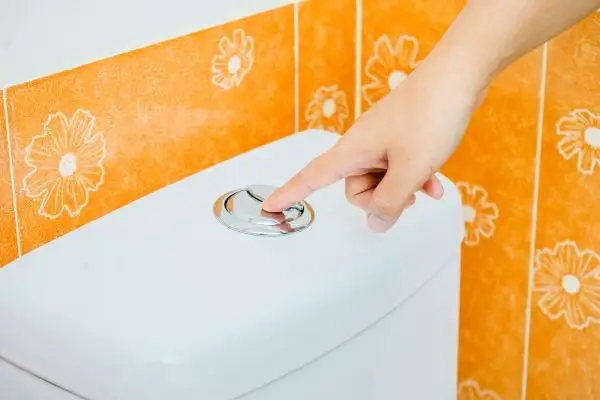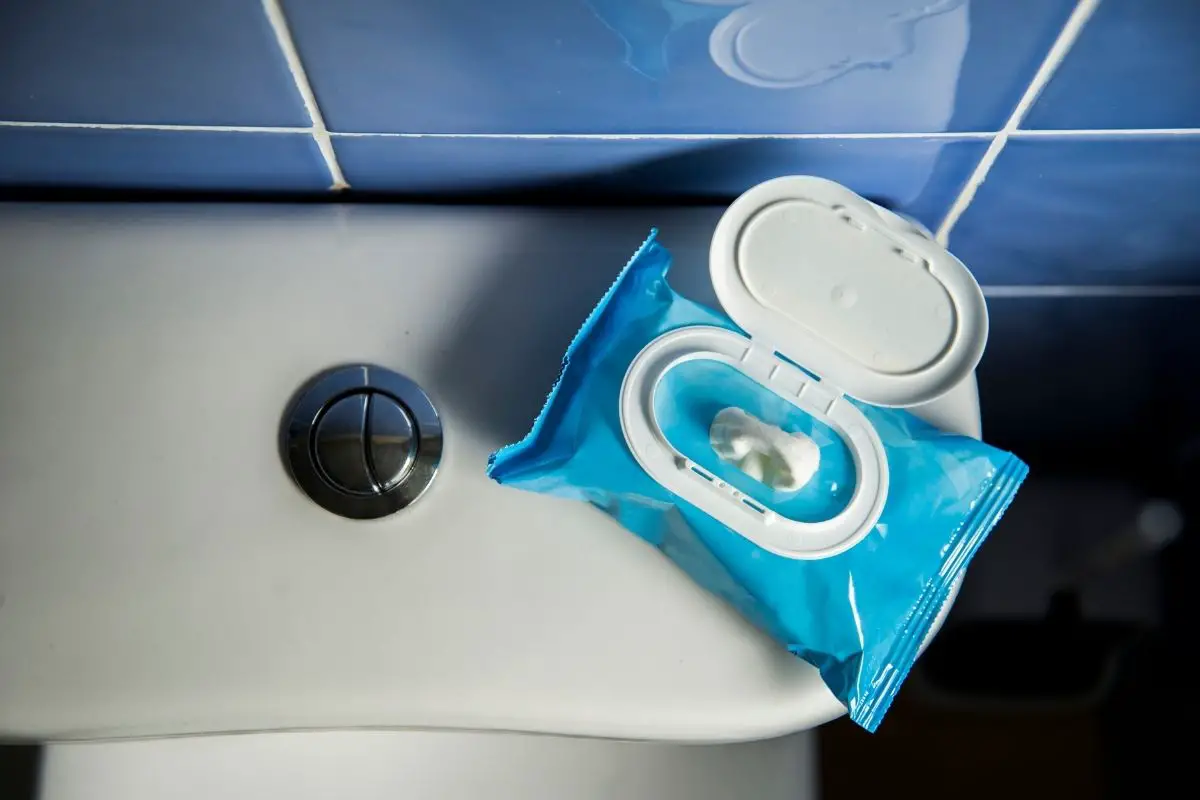Are Flushable Wipes Really Flushable? You May Be Surprised!
Wet wipes are everywhere because of their convenience when it comes to quick hygiene. But according to companies offering plumbing services, most of the sewerage blockage calls they attend to are as a result of these wipes clogging the system. Unfortunately, a lot of people try to flush any and all wet wipes without looking at the label to see if they are flushable or septic safe wipes.
Wipes are flushable only if they start to break down immediately after flushing. Flushable wipes should break down 75% to 100% once they get into contact with the water.
What are Flushable Wipes Made From?
Flushable wipes are made with short plant based fibers. They are not woven so they maintain wet strength during use unlike toilet paper that disintegrates when it comes in contact with moisture. However, they lose their tensile strength when they are immersed in water after flushing. As a result, they break apart enough to be compatible with waste infrastructure in plumbing systems.
How do Flushable Wipes Impact the Sewer System?
Most plumbers are of the opinion that all wipes, even the flushable variety do not belong in the toilet. According to these experts, although the flushable wipes can flush easily, they can cause clogging down the sewer line when they hit a 45 degree elbow in the plumbing pipes, especially if they do not completely break down. The wipes begin to congregate at this point causing a back up.
Water and sanitation companies also support this argument by plumbers and have previously called for all wipes, including flushable wipes, to be classified as unflushable. This is until there is an agreed upon international standard in flushable wipes that ensures they are compatible with international plumbing systems.
However, associations for non-woven products like the European (EDANA) and American (INDA) continue to work with research bodies in the water industry, to develop test guidelines for their companies that make flushable wipes. These guidelines determine whether the wipes will pass through regular domestic plumbing systems and how quickly they disintegrate. However, it is important to note that there are no compulsory industry tests that determine the flushability of flushable wipes.
So Are Flushable Wipes OK to Flush?

This depends on the brand. Some of the manufacturers add plastics which causes fatbergs. Fatbergs are large masses of greasy debris of wipes that have congregated together. But there are brands that can be trusted to manufacture flushable wipes.
Scott flush friendly wipes and Cottonelle freshcare flushable wipes are the top trusted brands on the market. They lose 75% of their strength within half an hour of flushing in residential drain pipe work even before they reach the municipal sewer system. These wipes underwent a test by Consumer Report in 2013 and they disintegrated easily. Other brands disintegrate less making them potential sewer cloggers.
What Are the Best Alternative Options to Flushable Wipes?
Toilet paper
Toilet paper is made from unprocessed wood fibers or pulp from recycled paper. These materials are mixed together with chemical sulfates and starches in water. The starch makes the paper strong while the sulfates make it white. The virgin wood used is typically 70% hardwood and 30% softwood.
Pros of toilet paper
- It is easily available
- It is biodegradable and doesn’t damage the sewerage system and infrastructure
- Made from 100% paper
Cons of toilet paper
- The texture is less comfortable
- One has to use more toilet paper to achieve a thorough clean
- The toilet paper is bleached to achieve the white color
Moist tissues
Moist tissues are the preferred middle ground between toilet paper and flushable wipes. These are eco-friendly alternatives because they clean as effectively as wet wipes and flush safely like toilet paper. Moist tissues like Natracare address the concern of fatbergs that clog sewerage systems and the marine concern of the non-biodegradable finding their way into the seas and oceans.
Pros of moist tissues
- Made with 100% paper
- Completely flushable
- They are biodegradable
Cons of moist tissues
Lack of industry testing standards means that they haven’t been tested properly
Conclusion
Flushable wipes are still not considered to be completely friendly to the water waste infrastructure in residential drain systems. They are, however, preferred by many customers because they leave you feeling refreshed and cleaner after a visit to the bathroom. If you love using flushable wipes then it would be a good idea to get a disposal bag when you use them and dispose of them away from the sewer system. Or better still consider a bidet.





